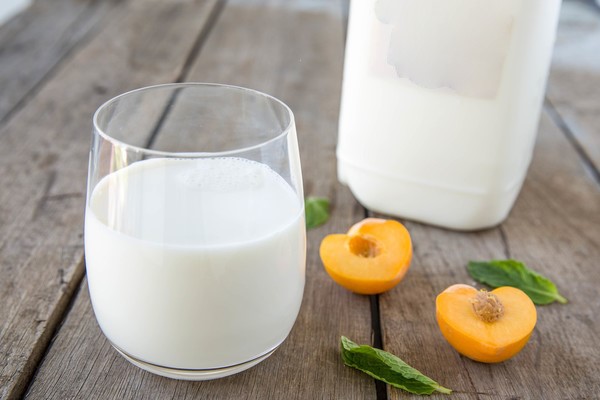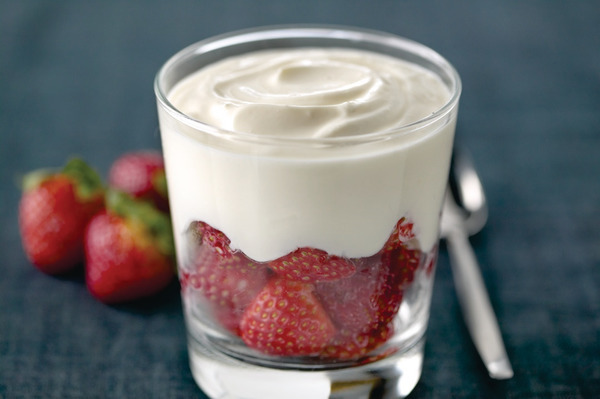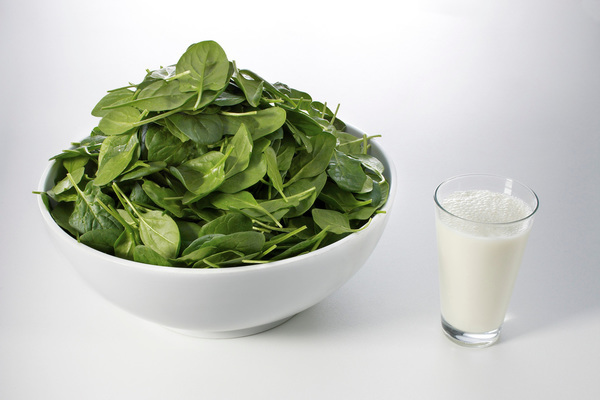
Healthy Bones
Bones are the body’s foundation, providing support and structure and giving protection to organs.
Looking after your bones is important to keep them strong and healthy. This will reduce aches and pains, as well as your risk of fractures and even osteoporosis (brittle bones). Strong bones are key to leading long, healthy, active and independent lives.
The three simple actions you can take to build and maintain healthy bones include:
1. Increase daily serves of calcium through milk, cheese or yoghurt;
2. Go for a walk or commit to some new form of regular exercise; and
3. Spend time outdoors to get more vitamin D.
No matter your age, there are some simple actions you can take to help you build and maintain strong bones.
Learn more below about the importance of building and maintaining strong bones at your life stage.
Are you a healthy bones expert? Test your bone health knowledge here.
Healthy Bones at Every Age
Healthy Bones For Kids
Childhood is the biggest opportunity to build strong bones for life. That's why it's so important for growing kids to get enough calcium, exercise and vitamin D.

Healthy Bones For Teens
The teenage years are a major growth period. Teens' bodies build one-quarter of their adult bone mass, so it is essential they get enough calcium-rich foods such as dairy foods.

Healthy Bones For Adults
Adulthood is a busy time: juggling work, raising a family and managing financial responsibilities. Remember that a healthy diet and an active lifestyle can help you get the balance just right.

What is Osteoporosis?
Osteoporosis occurs when bones lose calcium and other minerals, making them fragile and more likely to fracture. In Australia, osteoporosis affects 1.2 million people.

Healthy Bones FAQs
Our team of dietitians answer your common questions about bone health and dairy foods based on scientific evidence. Feel free to check out other common dairy questions or submit a new question via You Ask, We Answer.
A cup of milk contains a third of an adult’s daily calcium needs. Milk and other dairy foods also contain other nutrients that are essential for good bone and teeth health, like protein, magnesium, zinc, potassium and phosphorus.1
While you can get calcium from other foods, milk is a rich source and the calcium is also easily absorbed by the body. See also 'Can I get calcium from non-dairy sources?'.
Calcium combines with other minerals (like phosphorus) to form hard crystals that give bones their strength. As well as providing a frame for our bodies, bones serve as a calcium store to support other functions of the body like muscle contraction, especially the heart.
Because your body can’t make calcium, it must come from your diet. As long as you are getting adequate calcium from your diet, your body will ensure that you have the right amounts of calcium circulating in your body. If your calcium intake is too low to maintain adequate calcium blood levels, calcium will be released from your bones and this can weaken them.
Calcium can be found in non-dairy foods, such as certain vegetables (e.g. broccoli or kale), whole canned fish with soft edible bones, such as sardines, some nuts and calcium-set soy products (eg. tofu, soy milk).2
The list below gives a guide to sources of calcium and the equivalent serves you would need.
|
1 serve of dairy is equal to: |
1 serve of a calcium alternative could be: |
|
• 1 cup (250ml) fresh, UHT long life, reconstituted powdered milk or buttermilk |
• 1 cup (250ml) soy, rice or other cereal drink with at least 100mg of added calcium per 100ml |
Some plant foods contain phytates and oxalates that can interfere with calcium absorption.3
The Australian Dietary Guidelines advise foods may be preferable to calcium from some supplements.2 As well as providing calcium, milk and other dairy foods are also a source of essential nutrients like protein, carbohydrate, riboflavin, vitamin B12, vitamin A, potassium, magnesium, phosphorus and zinc.
The Australian Dietary Guidelines state that, as part of a balanced diet, milk, cheese and yoghurt are not linked to weight gain.2 Other research shows that people can lose more body weight and body fat if they include 3-4 serves of milk, cheese or yoghurt in their weight-loss diet, compared with weight loss diets low in dairy foods.
Dairy foods don't need to be eliminated from the diet if you have difficulty digesting the carbohydrate lactose in milk. If you have lactose intolerance, the Australian Dietary Guidelines suggest up to 250 ml of milk may be well tolerated if it's consumed with other foods, or throughout the day.2 Most cheeses contain virtually no lactose and yoghurt contains 'good' bacteria that helps to digest lactose. Low-lactose and lactose-free milks are also available. All of these foods are rich in calcium to help build and maintain bones. Seek advice from your doctor if you suspect an allergy or intolerance to foods. See also 'Can I get calcium from non-dairy sources?'
That depends on your age and gender. The Australian Government make recommendations for milk, cheese, yoghurt and/or alternatives.
The recommended daily intake varies between 1 serve for toddlers to 4 serves of dairy per day if you’re a woman over 50.2 As children grow, their recommended dairy intake increases too. This is to help support growth and development.
Low bone density is known as osteopenia. This is the range of bone density between normal and diagnosed osteoporosis, which means you need to take immediate action to support your bone health. If you are found to have osteopenia your doctor will ensure you have adequate calcium and vitamin D, and recommend exercise to optimise your bone density.4
Bone density is determined via a test which measures the density of your bones (usually at the hip and spine) using a simple scan.5 The results of this test show if your bones are in the range of normal, low bone density or osteoporosis.
There is evidence that dairy foods are important in establishing and maintaining peak bone mass which is a determinant of osteoporosis risk. Dairy foods contain calcium phosphate protein complexes that have the minerals and nutrients needed for bone health.6 The International Osteoporosis Foundation recommends the following lifestyle tips for adults to help prevent osteoporosis:
- ensure a nutritious diet and adequate calcium intake
- avoid under-nutrition, particularly the effects of severe weight-loss diets and eating disorders
- maintain an adequate supply of vitamin D
- participate in regular weight-bearing activity
- avoid smoking and second-hand smoking
- avoid heavy drinking.
1. Rozenberg S et al. Effects of Dairy Products Consumption on Health: Benefits and Beliefs—A Commentary from the Belgian Bone Club and the European Society for Clinical and Economic Aspects of Osteoporosis, Osteoarthritis and Musculoskeletal Diseases. Calcif Tissue Int. 2016; 98: 1–17. Published online 2015 Oct 7. doi: 10.1007/s00223-015-0062-x
2. National Health and Medical Research Council. Australian Dietary Guidelines, Canberra: Commonwealth of Australia; 2013.
3. Weaver CM, Proulx WR, Heaney R. Choices for achieving adequate dietary calcium with a vegetarian diet. Am J Clin Nutr. 1999; 70(3 Suppl): 543-8S.
4. Osteoporosis Australia. FAQ. https://www.osteoporosis.org.au/faq
5. Osteoporosis Australia. Diagnosis. Available: https://www.osteoporosis.org.au/diagnosis
6. Weaver CM, Gordon CM, Janz KF, Kalkwarf HJ, Lappe JM, Lewis R, et al. The National Osteoporosis Foundation's position statement on peak bone mass development and lifestyle factors: a systematic review and implementation recommendations. Osteoporos Int. 2016;27(4):1281-386.